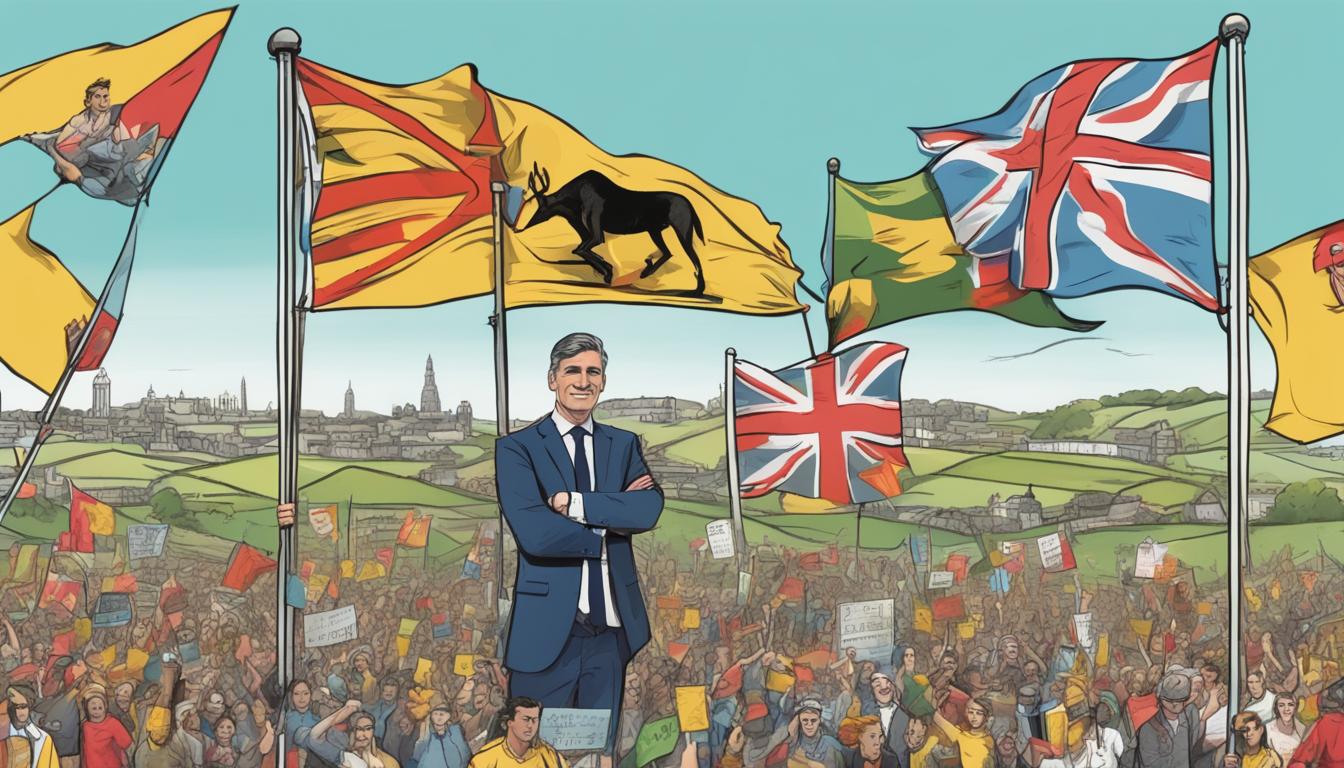In recent UK local elections, the Conservative Party suffered notable setbacks, losing many seats to Labour and the Liberal Democrats, highlighting voter dissatisfaction and possible changes in the political landscape.
In the recent UK local elections, the Conservative Party, led by Prime Minister Rishi Sunak, experienced significant losses across England and Wales. The Tories faced backlash from voters, particularly in areas like Thurrock, where financial mismanagement by the local council led to bankruptcy, resulting in cancelled projects, reduced social care services, and increased council taxes. These challenges have intensified dissatisfaction with the party’s performance and governance.
Labour, under Keir Starmer, achieved considerable success, gaining numerous seats in areas traditionally held by Conservatives, while the Liberal Democrats also made significant inroads in these strongholds. Both parties benefited from the electorate’s growing disillusionment with the Tories. The Conservatives lost about half of the council seats they defended, further illustrating the shift in voter sentiment.
Despite the Tories’ decline, Transport Secretary Mark Harper defended Sunak’s strategies, suggesting that more time is needed for them to show results. Meanwhile, some Conservative MPs expressed concerns about the party’s direction and the need for a stronger vision for the future, especially with a potential general election looming in the autumn.
The election also highlighted regional shifts, with Labour facing challenges in Muslim communities due to its stance on international conflicts, notably impacting areas such as Oldham. The Liberal Democrats won 522 council seats, positioning themselves ahead of the Conservatives and indicating their strengthening appeal among voters. The Green Party also saw gains, adding more than 70 seats.
Overall, the local election results have signaled a possible transformation in the UK’s political landscape, with implications for the major parties as they prepare for the next general election. Speculations about political figures like Nigel Farage and former Prime Minister Boris Johnson returning to the political arena add to the discussions about the future direction of the Conservative Party.













